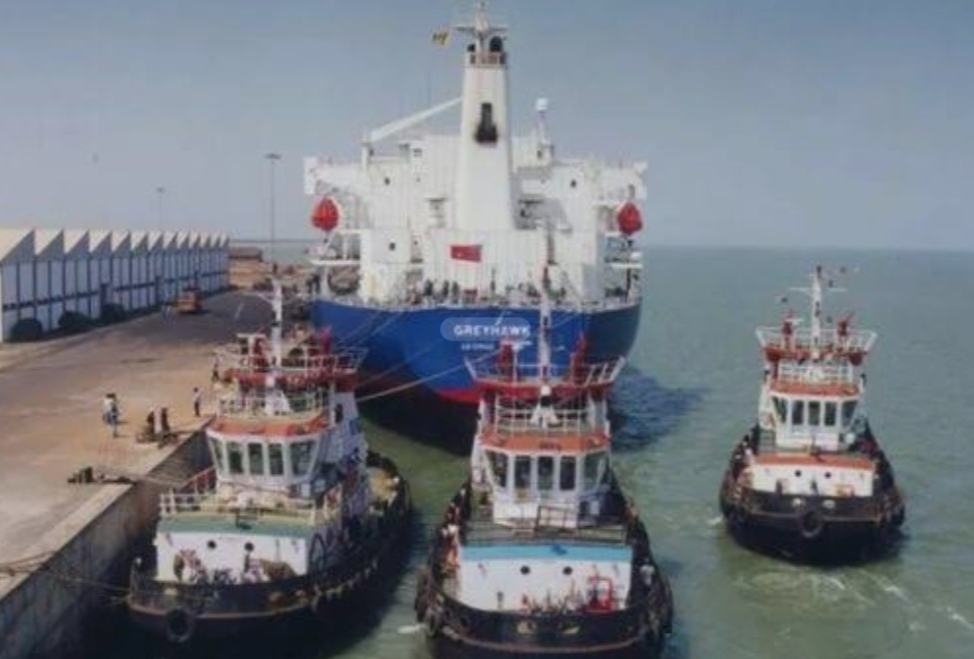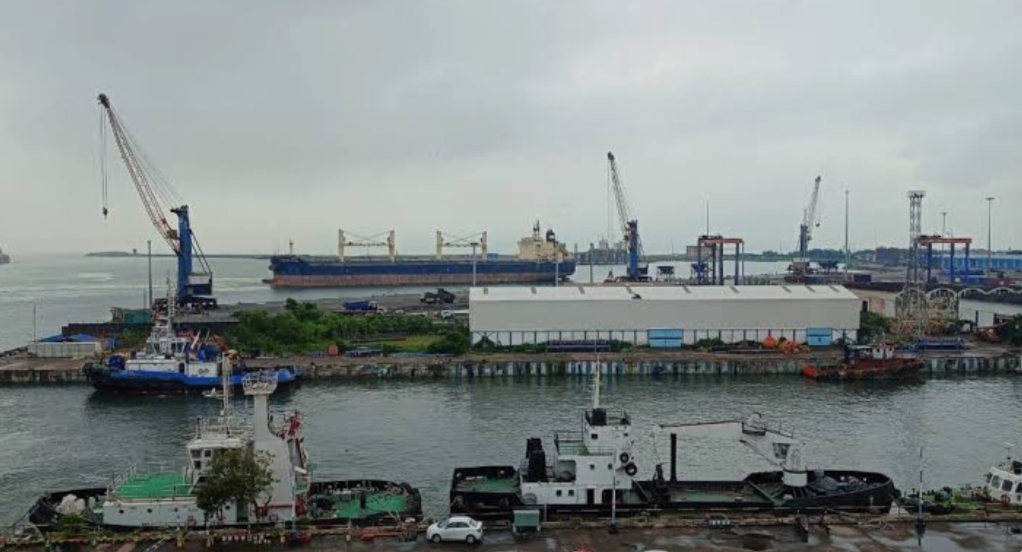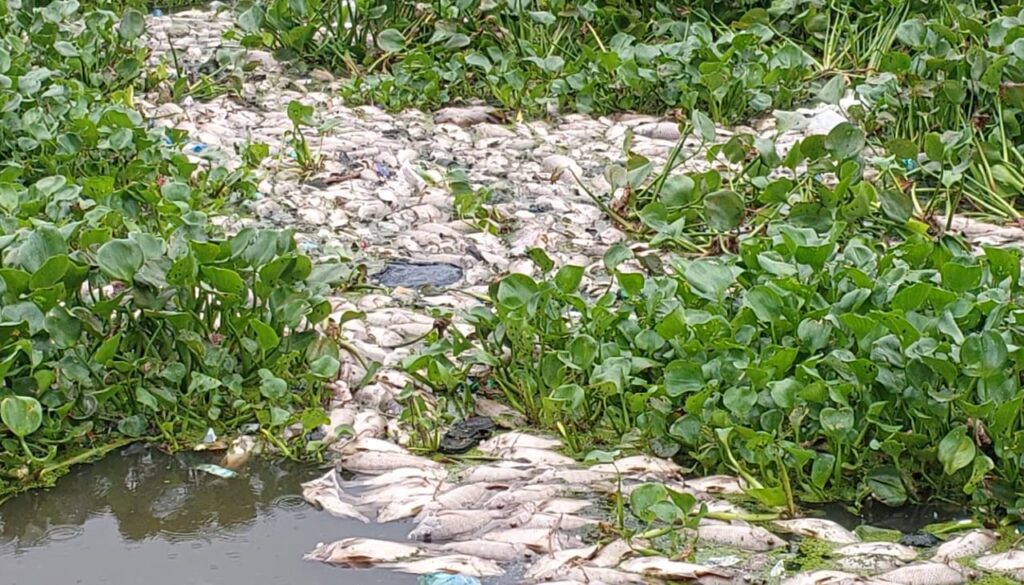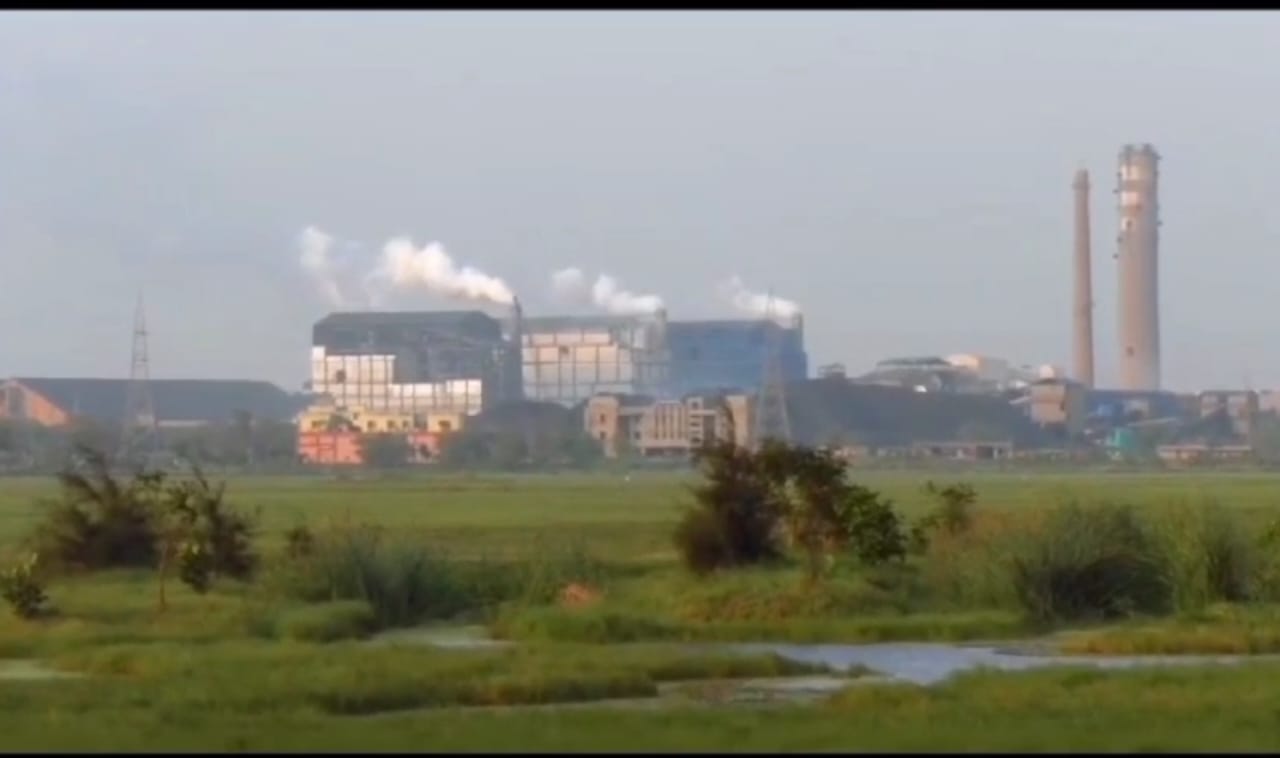Pratiphalan Media (Prasant Kumar Rout)
The speeding process of industrialization in the current time has left its mark deep on the environment across the globe, and Paradip is no exception. Basic elements which are vital to life — air, water, and land — have grown more and more dangerous with each passing day, posing threat to human health as well as nature. Industrialization, though imperative for human advancement, has witnessed the forests being razed, rivers being polluted, and coasts being eroded. Paradip, where there were long stretches of virgin coastland and vast green forests at the confluence of the Mahanadi and the Bay of Bengal, is today an industrial center. The foundation stone of Paradip Port was laid on 3rd January 1962 by then Prime Minister Pandit Jawaharlal Nehru and Odisha Chief Minister Biju Patnaik. Despite there being no budgetary provision or environmental clearances, the construction went on at a fast pace. Paradip Port became operational in 1965, and in 1966 Paradip Port was designated as a major port under the Ministry of Shipping of the Central Government.
Industrial factories and large residential colonies have come up in the vicinity of the port region since then. The cacophony of machines has replaced the serenity of thick forests, as indiscriminate use of plastics, polyethylene, and industrial wastes has also contributed to the worsening environmental condition.

Present-day Paradip is reeling under severe environmental degradation.Minerals such as iron ore, coal, manganese, limestone, and char chrome are brought into the port by truck and train and emit heavy clouds of dust while unloading and loading, contaminating the air. Fertilizer plants such as IFFCO and PPL have also contributed to the issue. Their factory residue — particularly gypsum, very toxic by-product — is indiscriminately dumped in the open, instead of dumping on concrete bases with treated run-off facilities. This has led to groundwater contamination in a radius of 50 km, and the local wells now supply water which cannot be consumed. Besides, untreated acid-laden waste from these industries is released directly into the river and the sea, resulting in the killing of aquatic life like fish and crab. The seafood processing units of Paradip Garh are also involved in the issue by randomly discharging waste, generating unbearable odors that disturb inhabitants and travelers.

The problem is also complemented by industrial complexes such as the AM/NS Steel Plant, a brewery facility, banaspati factory, and Indian Oil Corporation refinery. Waste is also dumped by contractors from more than 30 ships arriving in the port each day in open spaces. Waste generated domestically within the port town also contributes to the piles of garbage found spread around Paradip.
In spite of the perilous situation, the Paradip Municipality has done little to ensure effective waste management. Officially, some things are done, but in reality, they are just written down.
City atmosphere is filled with chemical vapors and industrial effluent smells. Sea and river water is also getting toxic and harming the sea creatures and rendering them inedible to man. Soil also gets polluted and has an effect on plants and gardens within a 50 km radius of Paradip. Vegetables are suffering from diseases, and plants are visibly damaged.

Amidst all this, the Paradip-based regional office of the Odisha State Pollution Control Board is supposed to monitor and regulate industrial pollution. But environmental clearance certificates are being given to these units despite growing evidence of serious pollution.
The effects of uncontrolled industrialization without such efforts to hold on to and conserve the environment are now here to remain. The natives suffer from respiratory ailments, waterborne diseases, as well as increased premature mortality.
Environmentalists have been raising incessant appeals that unless some emergency steps are initiated to harmonize industrialization with environmental protection, the future of Paradip will be bleak. The state government, the forest department, and the pollution control authorities must initiate urgent and sincere steps to protect the basic right of the people to breathe fresh air, have clean water, and live in a safe, healthy environment.


